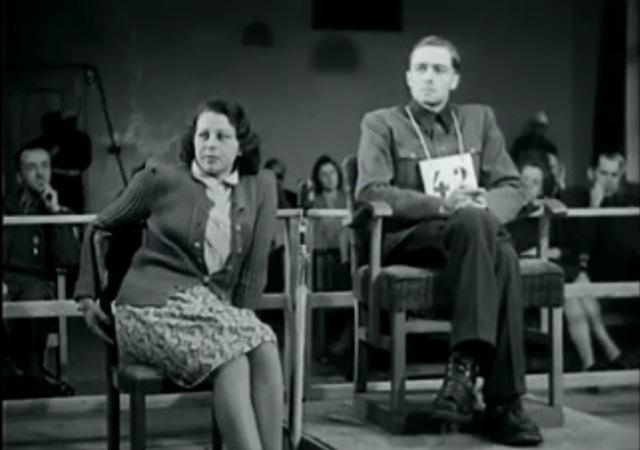Joachim Peiper Trial Balloon

Joachim Peiper Nickname(s) Jochen Born ( 1915-01-30)30 January 1915, Died 14 July 1976 ( 1976-07-14) (aged 61), Buried St Anna's Church, Allegiance Service/ branch Years of service 1933–45 Rank SS #132,496 Unit Battles/wars Awards Other work and Joachim Peiper (30 January 1915 – 14 July 1976), also known as Jochen Peiper. Peiper was a in the during and personal to between November 1940 and August 1941. Peiper fought on both the against the and the against the, and was awarded by the. Peiper was convicted of committed in and imprisoned for almost 12 years.
Project Fugo: The Japanese Balloon Bombs. The offensive Adolf Hitler sent Jochen Peiper into was his last. The shockwaves set off the largest mutiny trial in U. The killing of Jochen Peiper. To sustain this theory one needs to remember that during a trial in the 1960s it was demonstrated that Werner Grothmann. Find and save ideas about Joachim peiper on Pinterest. See more ideas about 14 july france. Joachim Peiper at Malmedy trial.
He was accused of war crimes in, but Italian and German courts concluded that there was insufficient evidence to warrant prosecution. After his release from prison, Peiper worked for both and, before moving to France, where he translated books from English to German under the 'Rainer Buschmann'. Peiper was murdered in in July 1976. E tanks (with roadwheels) of the I SS Panzer Corps Leibstandarte SS Adolf Hitler close to (June 1944) The Allied necessitated the return of the LSSAH to the. On 17 June, the division began its move to the area of, but some parts of the panzer regiment had to stay in Belgium awaiting new tanks. The whole division did not reach its rally zone before 6 July 1944. On 28 June, the 1st SS Panzer Regiment of Peiper arrived at the front and was immediately engaged in combat.
As with the other German units of the area, they essentially fought a defensive battle until the at the end of July and beginning of August. Having gone to the front with 19,618 men, the LSSAH lost 25% of its men and all its tanks. As with most of the Waffen SS divisions engaged in, the LSSAH lost its operational ability and was described in the official tables of the available units prepared by the on 16 September 1944 not as a division but as a.
Peiper was not in command of his panzer regiment during the near. Suffering from a he had been discreetly evacuated to a military hospital in the area of at 70 km of the frontline. According to the official diagnosis, he was suffering from.
He would eventually be dispatched to the rear and from September 1944 forward was in a military hospital near the in Upper Bavaria. This was not far from his family home. He stayed there until 7 October. Battle of the Bulge [ ]. The bodies of the, covered by snow, were found on 14 January 1945.
During the 1st SS Panzer Division's advance on 17 December 1944, his armored units and halftracks confronted a lightly armed convoy of about 30 American vehicles at the Baugnez crossroads near. The troops, mainly elements of the American, were quickly overcome and captured. Along with other American POWs previously captured, they were ordered to stand in a meadow when for unknown reasons the Germans opened fire on the prisoners with machine guns, killing 84 soldiers, and leaving the bodies in the snow. The survivors were able to reach American lines later that day, and their story spread rapidly throughout the American front lines. Author Richard Gallagher reported that during the briefing held before the operation, Peiper clearly stated that no quarter should be given nor prisoners taken and that no pity should be shown towards the Belgian civilians. Voice Activated Commands Keygen Mac.
However, Lieutenant Colonel Hal McCown, commander of the, testified about the treatment his unit was given after being captured on 21 December by Peiper's Kampfgruppe at Froidcour between La Gleize and. McCown said he met Peiper in person and based on his observations, American prisoners were at no time mistreated by the SS and the food given to them was nearly as good as that used by the Germans themselves. Other murders [ ].